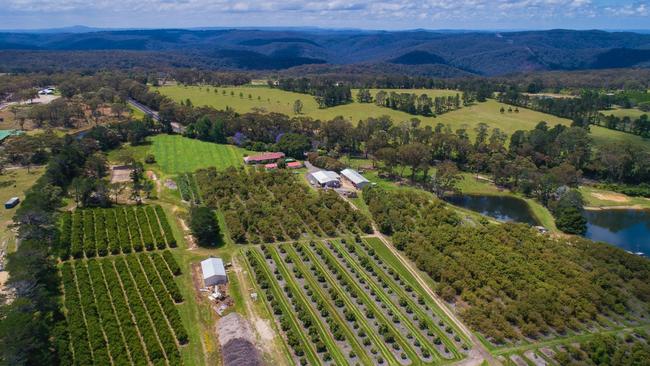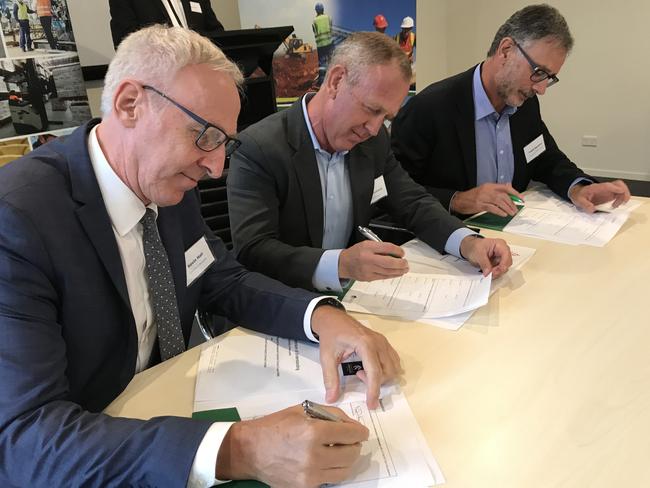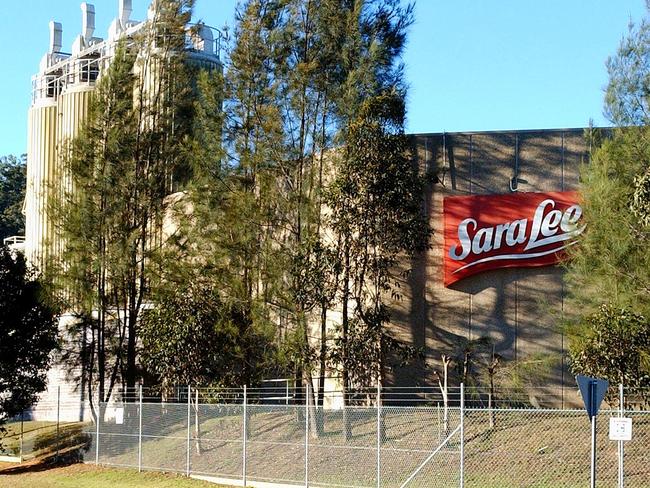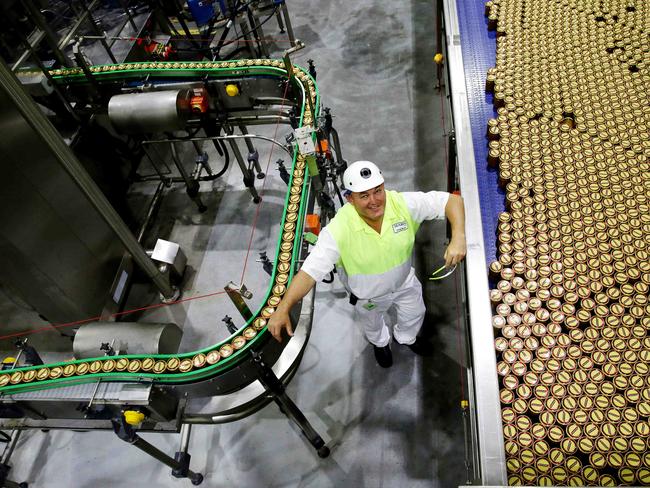Agreement aims to turn Central Coast into specialist food region
Food and agriculture is already worth around $780 million to the Central Coast and now a new agreement has been signed that aims to boost that further and deliver much needed local jobs.

Central Coast
Don't miss out on the headlines from Central Coast. Followed categories will be added to My News.
AN agreement has been signed which could help deliver new food-related jobs on the Central Coast.
A memorandum of understanding between the Central Coast arm of Regional Development Australia and the University of Newcastle was signed on Friday, which aims to turn the Central Coast into an internationally renown centre of excellence in food innovation.

Regional Development Australia Central Coast CEO John Mouland said the memorandum was the next step toward establishing the Central Coast as a specialist food region.
Much of the impetus for the memorandum comes from the Central Coast Food Initiative, which was established in 2016 and now involves collaboration between numerous industry and government organisations.

Central Coast industry Connect CEO Frank Zammit, who has run a family-owned food manufacturing business and held senior roles in food multinationals such as Arnotts and Sarah Lee, said he knew the importance of collaboration between business, government and research institutions.
“The food sector is an important sector for the Central Coast,” Mr Zammit said.
“Food and beverage processing and manufacturing is a value-add to the region worth $280 million.

“When you add in agricultural services you are looking at over $780 million.”
Mr Zammit said the Central Coast had a good base in food and beverage with five major food companies and 40 smaller businesses making niche products.
“Formalising this agreement with the university will stimulate and provide opportunities for local industry right across the food supply train,” he said.

University of Newcastle senior deputy vice chancellor Kevin Hall said the region now had the ingredients required to work towards becoming Australia’s leading centre for food innovation and agriculture.
“We are really excited to be a part of this,” Mr Hall said.

“We are poised as a university to make a very large investment into both agriculture and food technology.
“In fact, in the last three months alone we have put around $10m into research on medicinal cannabis.
“Some may argue that’s not food, but it is a view of where we want to go because agriculture really should be a main driving focus for us.”
